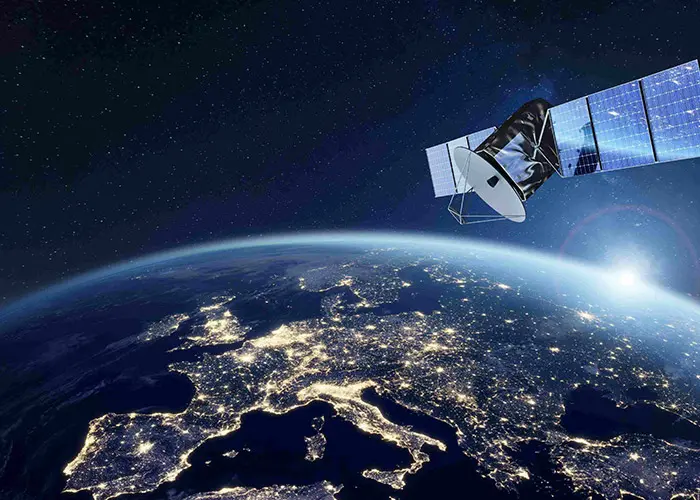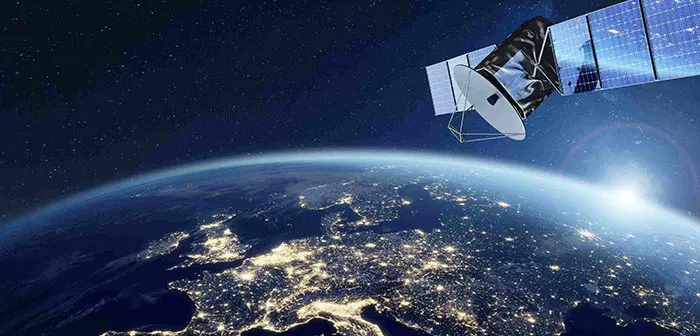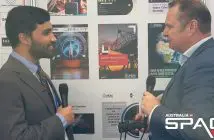
An Adelaide start-up has adapted its world-first bioreactor technology for deployment in space, meaning biological supplements essential for human health in zero-gravity environments could be produced en route to Mars or beyond, rather than transported or resupplied from Earth.
OmnigenIQ is developing the first self-contained protein purification and bioreactor system for use in space. The system synthesises proteins vital to maintaining muscle mass, bone density, and overall cellular function, addressing health issues like muscle atrophy and bone loss experienced during long-term space missions. The system reduces reliance on transport and resupplies from Earth, lowering payload weight and reducing cost.
OmnigenIQ co-founder and chief science officer, Tiffanwy Klippel-Cooper, says applications for the technology are dual-purpose across space and Earth, from the biological production of therapeutic proteins to support astronauts, to the on-site creation of surgical consumables or antibodies to aid disaster relief on our own planet.
Proteins like insulin, vital to maintaining astronaut muscle mass, bone density and overall cell function, could be produced as needed, preventing health issues like muscle atrophy and bone loss that astronauts would otherwise encounter on future long-term space missions.
“We’re excited about what this could mean for mission autonomy on longer-term space travel and supporting the health of astronauts as we push further and further into the unknown,” said Klippel-Cooper.
OmnigenIQ is one of four early-stage start-ups from South Australia, Victoria, Japan and India that are completing Australia’s first space accelerator program, Venture Catalyst Space.
They bring the tally to 40 space start-ups the program has supported since 2018, representing a collective AUD43 million in declared funds from investment and grants and a total of 240 jobs.
South Australian Space Industry Centre Director Space Dr Catherine Grace, says the programme’s national and global reputation for attracting innovative space start-ups ensures a reliable source of growth in the state’s space ecosystem.
“The Venture Catalyst Space program is a pivotal launchpad for local innovation and continues to empower space start-ups to scale-up and transform their cutting-edge ideas into sustainable space businesses,” Grace said.
“The talent that emerges from the program year-on-year ensures a consistent pipeline of space start-ups with high investment potential,” she added. “This is generating significant economic benefits for our state and is helping build critical space capability, further reinforcing South Australia’s position as an incubator for space innovation and technology.”
Access to new and more affordable space technologies enables smaller enterprises to enter the sector, reinforcing the critical role of acceleration programs like Venture Catalyst Space.
Craig Jones, UniSA Deputy Director: Business Incubation says diversification is key as the market for space-related products and services expands.
“Witnessing innovative early-stage start-ups redefine what’s possible continues to amaze me,” said Jones. “We’re increasingly seeing investment interest in dual-use space technologies and services, meaning the technology has application in space as well as genuine capacity to solve terrestrial challenges.
“Each year, we see applications from passionate space entrepreneurs that push the boundaries of innovation; they are driven to build something that will have great impact in the world,” he added.
Venture Catalyst Space launched in 2018 to support the growth of South Australia’s space industry by providing early-stage technology-based space start-ups with the skills required to create a globally scalable enterprise.
The Venture Catalyst Space program is supported by South Australian Government funding through SASIC and delivered by the University of South Australia’s Innovation and Collaboration Centre.





